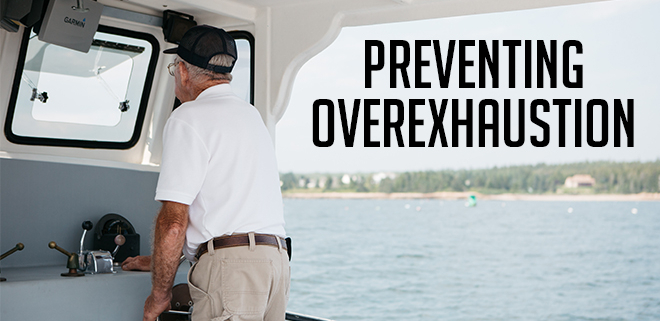With kids going to camps, grandkids coming to visit, taking road trips, and vacations. Summer can often place stress on people even those who are in the best of health. But, when you or a loved one is recovering from an injury or surgery, this time of year can be even more overwhelming.
When the body is recovering from a recent trauma, it needs as much nurturing as it can get. While “nurturing” does mean rest, it can also mean that you need to keep up with your exercise routine or stay on top of your diet. All of these essential factors in recovery can be easily tossed out the window during road trips. Risky travel is often chosen over missing family, sugar and fat-filled meals abound, and changes in schedule can derail the motivation to keep up with your exercises.
Since a proper and nurturing recovery is something we strive for here, we’re taking this opportunity to share a few tips for patients and caregivers to keep summertime both happy and healthy.
For Caregivers
An upcoming vacation is an especially stressful time for caregivers, who are focusing on both their loved one’s and their own summer enjoyment.
One of the best things a caregiver can do during a stressful summer season is to ask for help. It could mean hiring someone to help take care of dinner or a loved one’s needs, or it could simply mean asking a family member to help during meal preparation or other busy times. If you’re a caregiver, allowing yourself a few breaks will help keep you sharp enough to tend to your loved one and enjoy the season.
If no help is available, then it’s a good idea to scale back your summer plans. Be sure to listen to your body and mind, and take on only as much as both you and your loved one can handle.
For Patients
As a patient, it’s imperative to remember that you need time to heal. Right now, your body is putting many of its resources toward healing, and the decisions you make during summer can greatly affect your recovery time.
If your doctor has prescribed any exercises for a home exercise program to aid in your healing, be sure that you and your caregiver have scheduled some time in which you can do them. Your healing body is not aware of what time it is; it’s only aware of what it needs to repair itself.
Similarly, your body also needs to receive nutrient-rich, healthy food. Recovering patients often have restricted diets… and for good reason. Different foods affect your body in different ways, some of which can negatively impact your recovery. If your doctor has prescribed a special diet for you, it’s important to stick to it, even during vacations.
Work Together
If both the caregiver and patient can communicate and work together, it will make summertime all the more relaxing and enjoyable. A good thing to focus on is limits and boundaries. What are the patient’s telltale signs of fatigue? Which family members or situations cause undue stress, and can they be avoided?
With some planning, diligence, and communication, summertime can be experienced positively, and can ultimately strengthen the bonds between caregiver and patient.


